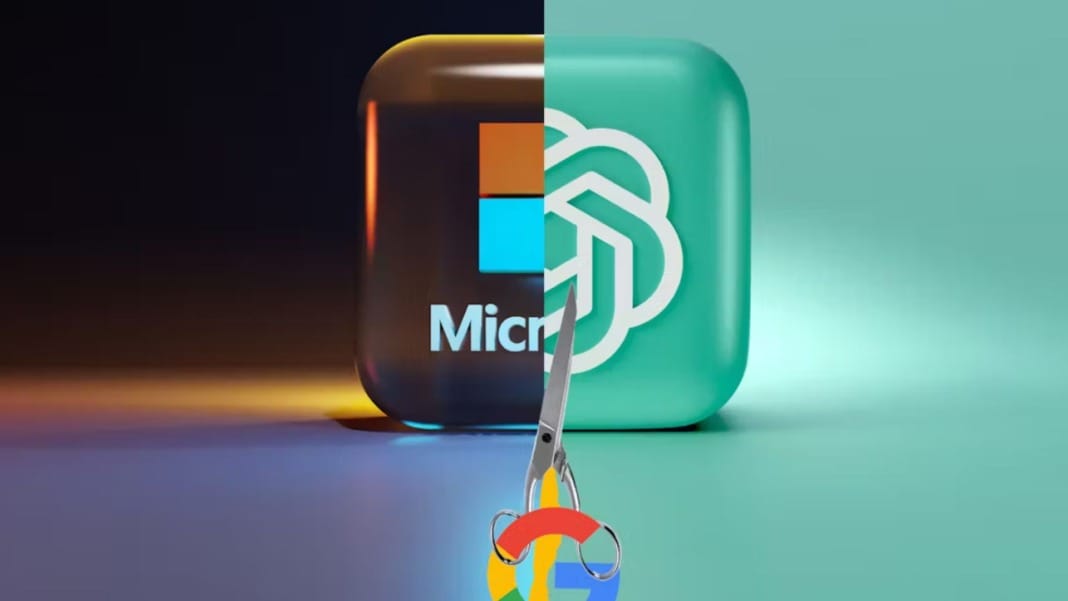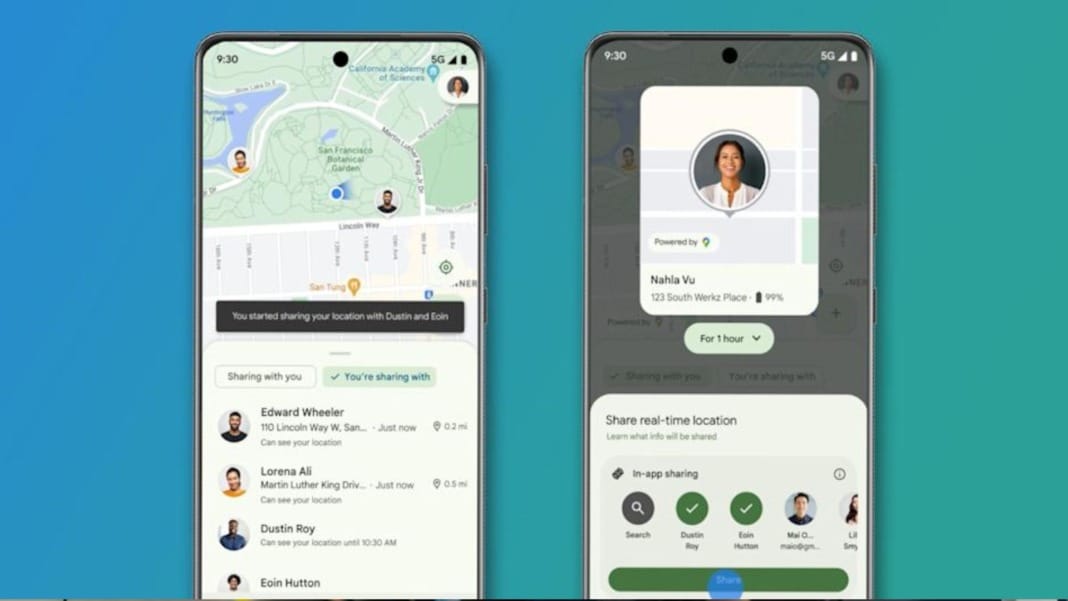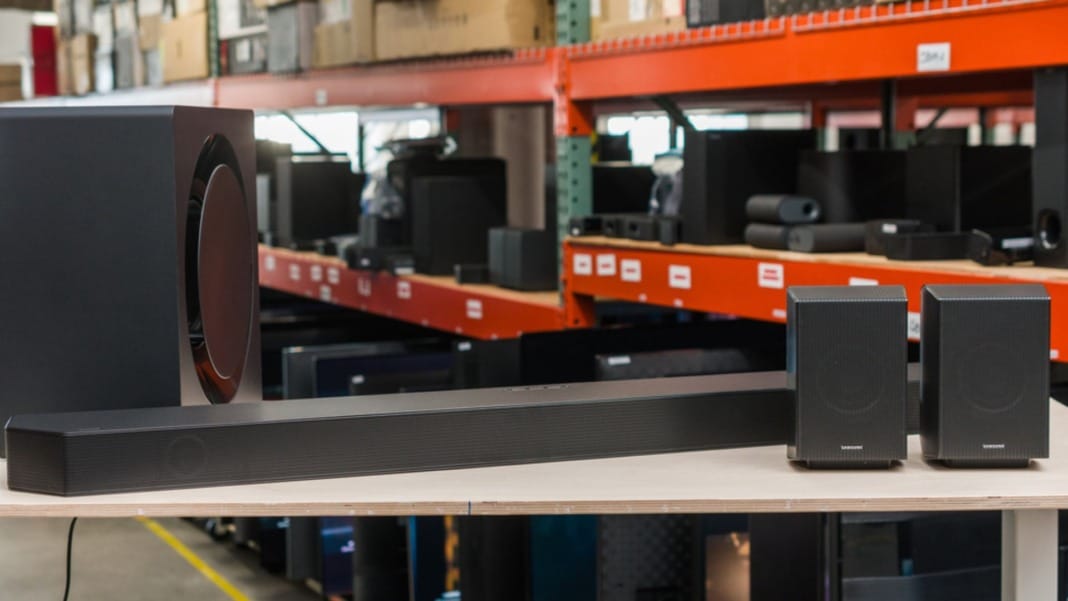OpenAI and Google urge the US government to allow artificial intelligence (AI) models to train on copyrighted content. Both companies have published proposals this week, making the case that fair use protections should extend to AI. OpenAI even argues that this is essential for national security.
The proposals come in response to a request from the White House, which is gathering input on President Donald Trump’s “AI Action Plan.” This initiative aims to strengthen America’s leadership in AI while ensuring that regulations do not stifle innovation. OpenAI warns that if US companies face restrictions on training AI with copyrighted data, they could lose their edge to international competitors, particularly China.
OpenAI and Google stress national security concerns
In its submission, OpenAI claims that denying AI companies access to copyrighted content could disadvantage the US. The company specifically highlights the rise of DeepSeek, a powerful AI model from China, as an example of increasing competition.
“There’s little doubt that the PRC’s [People’s Republic of China] AI developers will enjoy unfettered access to data — including copyrighted data — that will improve their models,” OpenAI states. “If the PRC’s developers have unfettered access to data and American companies are left without fair use access, the race for AI is effectively over.”
Google shares a similar view. The tech giant argues that copyright laws and privacy and patent policies could limit AI’s progress by restricting access to necessary training data. Google further emphasises that fair use protections and text and data mining exceptions have played a key role in AI advancements.
“These exceptions allow for the use of copyrighted, publicly available material for AI training without significantly impacting rightsholders,” Google explains. The company also points out that strict copyright regulations could lead to long and complex negotiations with data holders, slowing down AI research and development.
Other AI companies weigh in
Anthropic, the company behind the AI chatbot Claude, has also submitted a proposal, but its focus differs. Instead of addressing copyright concerns, it calls on the US government to introduce a system for evaluating AI models based on national security risks. It also suggests strengthening export controls on AI chips and expanding the country’s energy infrastructure to support the industry’s growth.
The debate over AI and copyright is far from new. Many AI developers have faced legal action for allegedly using copyrighted content without permission to train their models. OpenAI, for instance, is currently being sued by several news organisations, including The New York Times. Other well-known figures, such as Sarah Silverman and George R.R. Martin, have also filed lawsuits.
Additionally, companies like Apple, Anthropic, and Nvidia have been accused of scraping YouTube subtitles to train AI models, something YouTube says violates its terms of service. As AI continues to evolve, the battle over data rights and fair use will likely intensify, shaping the industry’s future.





